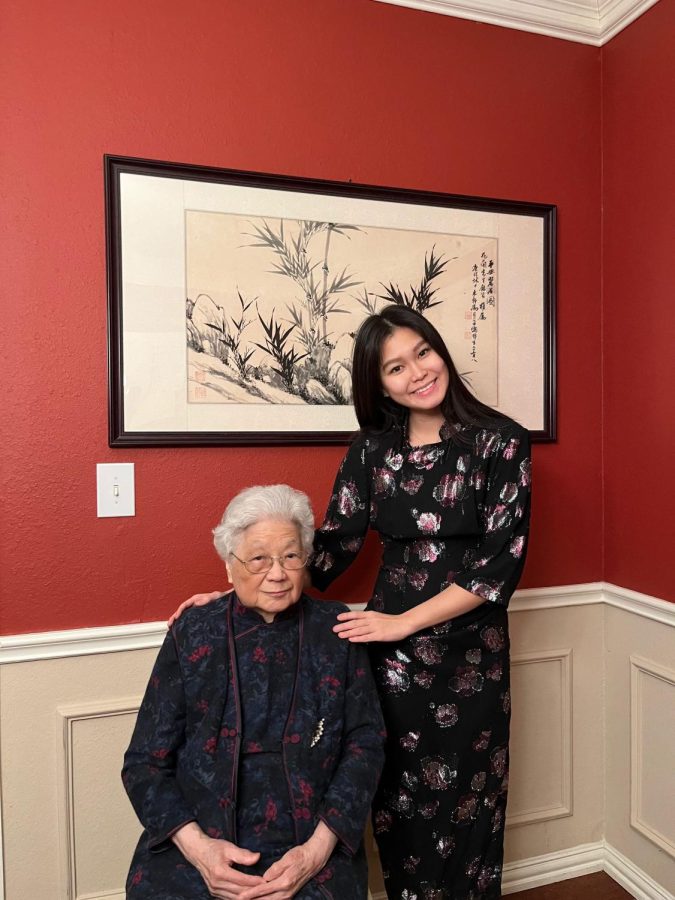IDK, JK, LOL, nvm, watevs. This mess of letters can summarize an entire conversation between friends, be it face-to-face or via instant messaging. It seems to be that people are bombarded by new and longer acronyms every day. Teens prefer abbreviating what they deem lengthy words and creating speedy acronyms for common phrases as opposed to taking just the few extra moments it takes to speak in complete, coherent sentences. As the widespread use of abridged terms continues to bring more additions to the urban dictionary, the English language is left to deteriorate into little more than the jumbled babblings of young speed talkers.
There is no doubt: abbreviations and flowing acronyms are definite time savers and easier to type out. However, there is a loss that this cannot account for. There is a value that each word carries which should not be taken for granted. Simplicity cannot overpower the hundreds of years’ worth of history the English language has brought to us. Although some students say they only use “LAWL” or “OMG” and the like in a joking manner, the repeated use of this lax vernacular can quickly become a habit that is not easily broken. When the youth of the world becomes increasingly lazy in something as routine as participating in a conversation, the future of languages, and human effort in general, appears troublesome.
People will always look for shortcuts and the easiest way out. It is only human nature and can be beneficial to man’s evolution, especially in the areas of science and technology. But when it comes to the ever changing and endangered art of speaking true English, taking one’s time could mean the preservation of an entire history of a language and the people from whom it came. So, type out the whole “Oh, my God” and really, truly laugh out loud. Before you know it, you could find yourself well on your way to becoming a wordsmith worthy of Shakespeare.









